Aspiring autobiographers often mail us asking, ‘how can I write my own story?’ Try these 7 life writing tips to start:
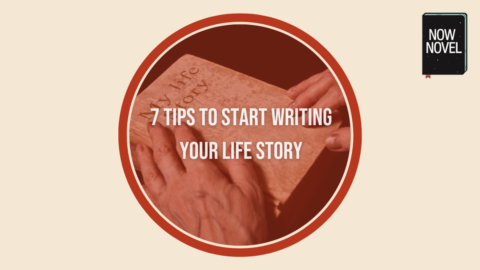
Learn about how to start a book, from how to find novel and story ideas to how to write story exposition, intriguing first lines, paragraphs and chapters, and how to turn rough ideas into drafts.
Read examples of opening lines, beginning a novel in a specific POV, and much more to make your story’s beginning work. When you’re done reading, start writing a book in easy steps using the writing prompts in the Now Novel dashboard.

Aspiring autobiographers often mail us asking, ‘how can I write my own story?’ Try these 7 life writing tips to start:
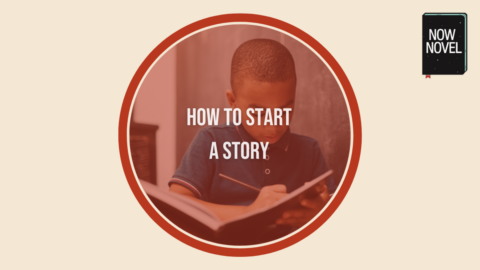
Great authors show us there are many ways to start a story. You could begin a novel with a narrator/character introducing himself, like Salinger’s Holden Caufield or Dickens’ David Copperfield. Or you could begin in the thick of action, as Ray Bradbury’s does in his classic novel, Fahrenheit 451.
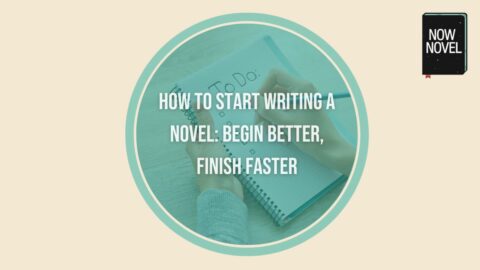
How do you start writing a novel? Make time, prepare, set deadlines, find a premise that fires you up to write, and get on your way to crafting compulsive reading.
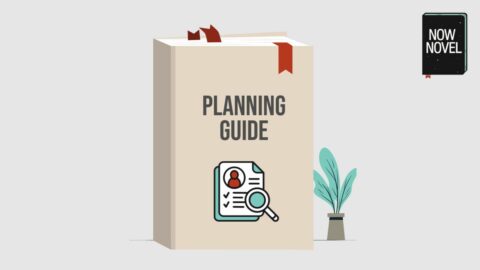
Story planning is an excellent solution to avoid getting stuck. Read why outlining stories is a smart choice, methods to plan stories, authors on planning and more, plus find extra resources on planning and story structure.

Learn how to start a novel so that your reader has questions and the desire to keep reading. Read first line examples, authors on how to begin, and what our newsletter readers said keeps them going after chapter one.
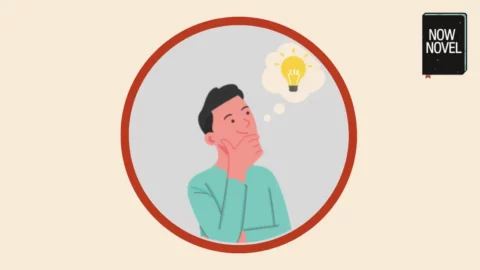
Wondering how to start a story? Learn all about hooking readers, establishing vivid scenarios and creating beginnings that make readers want to know urgently what happens next.
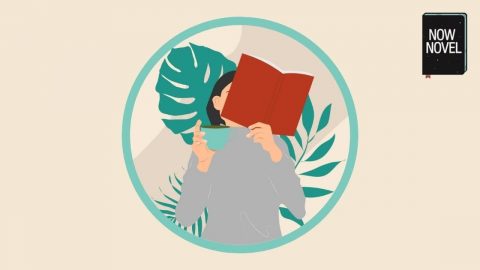
Good story openings are challenging to write but an inviting or catchy first sentence reels readers into your fictional world. Here are 8 famous first lines that teach us how to begin a novel in style:
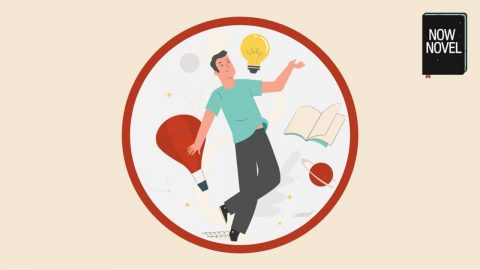
Read 12 fun ways to find a book idea, from exploring myths and legends to poring through digital archives, doing as Disraeli advised, and more.
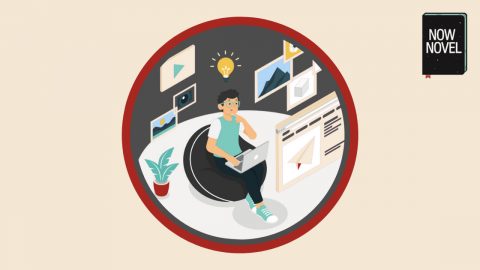
Whether you’re between projects or planning on writing your first book, there are many ways to decide what are good novel topics. Here are 14 ideas for how to find book topics: